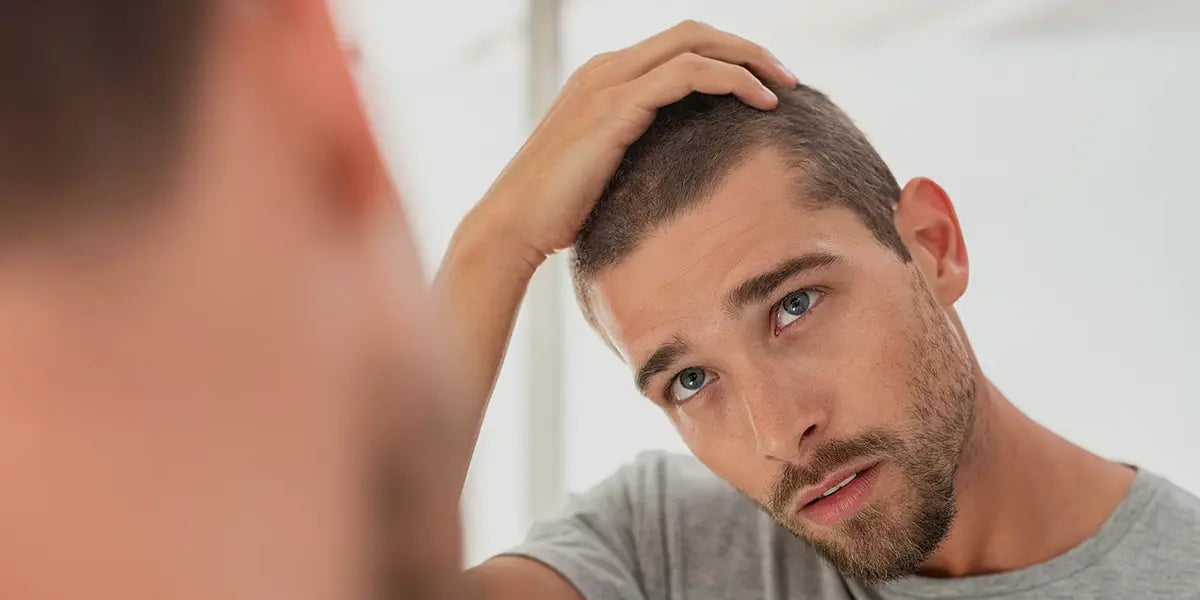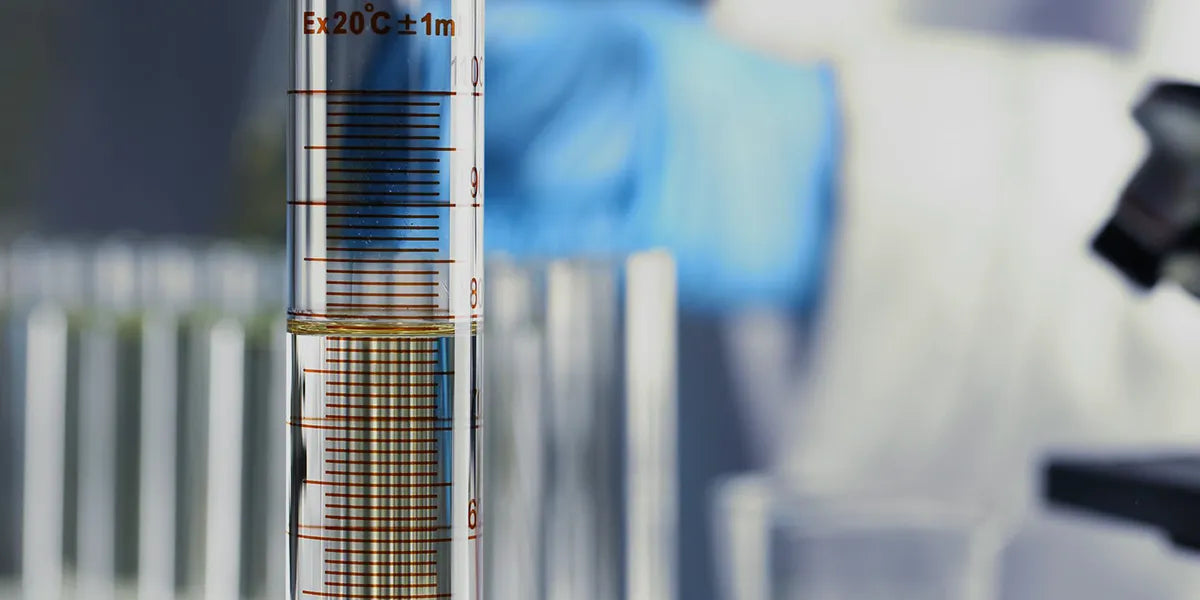Although it’s a highly effective treatment for androgenetic hair loss (male pattern hair loss), there are some patients who will continue to lose their hair while taking finasteride. It can be a frustrating experience, but the good news is that you may still be able to treat your thinning hair.
In this article we’ll discuss possible reasons for why you may still be losing hair on finasteride and talk about whether taking finasteride can worsen existing hair loss. We’ll also provide tips for what you can do if you’re continuing to lose your hair while on finasteride treatment.
Why am I still losing hair on finasteride?
There are a few reasons why you may still be losing hair on finasteride. Finasteride may not be the ideal medication to treat your specific case of hair loss. While it’s a clinically proven treatment, it’s not a universal solution. According to one long term study, men experiencing the early stages of hair loss (Norwood score of I-III) saw more significant improvement with finasteride than men with more advanced hair loss (Yanagisawa et al., 2019). In the latter case hair loss may be slowed down and some hair density may return, but patients may not be fully satisfied with these results.
Remember, many men will need to take finasteride for at least 6 months before an assessment of efficacy can be made. Dosing instructions also need to be followed closely for the best results.
If you’re not noticing any results while taking finasteride, there may be other genetic factors contributing to your hair loss. It’s possible that androgens are not playing a significant role in your hair loss. It may also be possible that you’re experiencing a different type of hair loss or have an underlying medical condition (e.g. a hormone or nutrient deficiency) that is causing your hair to fall out.


XYON's topical finasteride delivers the right amount of finasteride to maximize efficacy.
Maximize results with XYON’s topical finasteride. Our precision formula delivers the exact dose needed for peak efficacy. Start your treatment today.
Is finasteride making my hair loss worse?
Finasteride should not make your hair loss worse. It’s not uncommon for some patients to experience increased finasteride shedding shortly after starting a hair loss treatment. It’s important to not confuse this shedding with the worsening of existing hair loss. In the majority of cases, this type of shedding is temporary and should resolve within a few months of treatment. If shedding occurs indefinitely then it’s important to raise these concerns with a doctor.
What can I do if I'm still losing hair on finasteride?
If a patient is continuing to lose his hair while taking finasteride, it's a good idea to discuss these concerns with a doctor specializing in hair loss. In some cases, a reassessment of the scalp and hair loss may be needed. If a patient has seen some success with finasteride but is continuing to lose his hair, there may be a case for switching to dutasteride, which belongs to the same family of medications.
The more potent androgen-lowering properties of dutasteride may be beneficial, since this medication blocks different forms of the 5-alpha reductase enzyme. The result is a more dramatic reduction in overall dihydrotestosterone (DHT) levels.
Your doctor may also recommend minoxidil. This adjunct therapy helps hair grow by increasing blood flow to the scalp and causing hair follicles to spend more time in the active growth phase of the hair growth cycle (Badri et al., 2021). In fact, studies have shown that combination therapy may be superior to monotherapy (finasteride only treatment) in improving hair counts and halting the progression of hair loss (Chen et al., 2020).
Some patients may also be candidates for hair transplant surgery. You should be aware that the surgical route will likely still require you to take finasteride or dutasteride to control the progression of hair loss. Hair loss is a genetically-driven process and even transplanted hair follicles can eventually undergo miniaturization.
Hair loss while taking finasteride: Takeaway
If you’re still experiencing hair loss while taking finasteride, it’s important to talk to your doctor about your concerns. In most cases, he or she will be able to recommend alternative or adjunct therapies to boost the efficacy of your hair loss treatment. Finasteride works, but every man experiences hair loss differently. Adjustments or modifications to treatment may be necessary to give you the best results.




